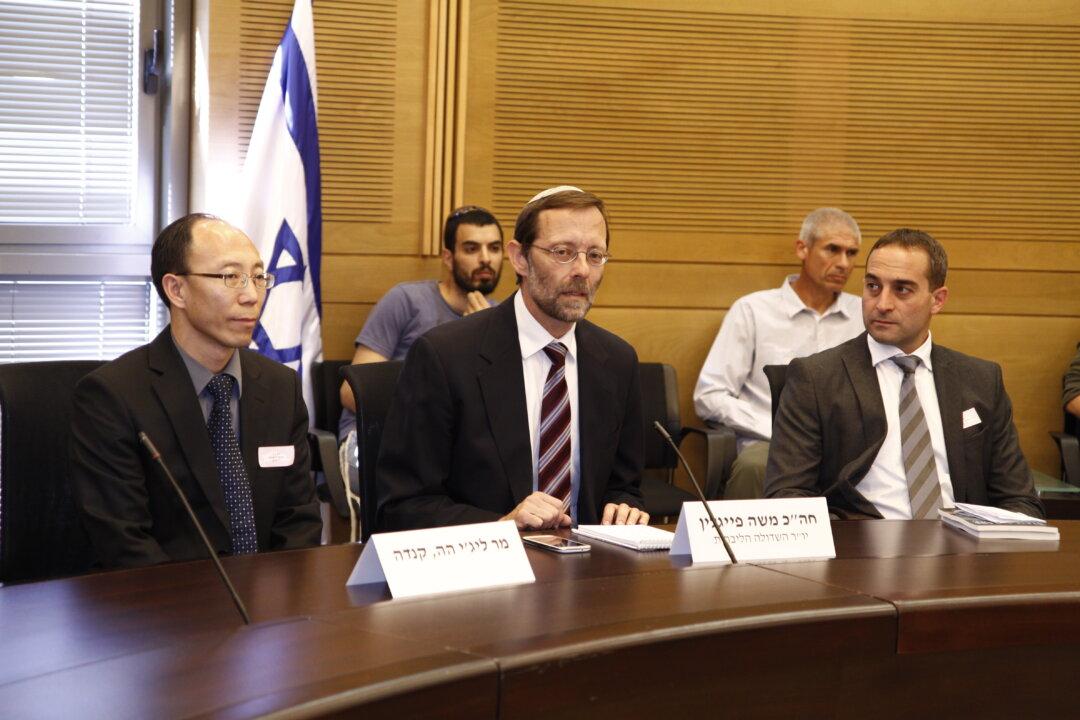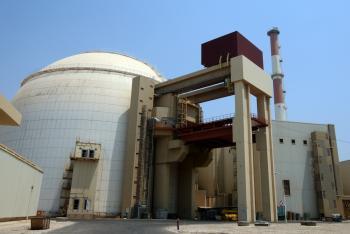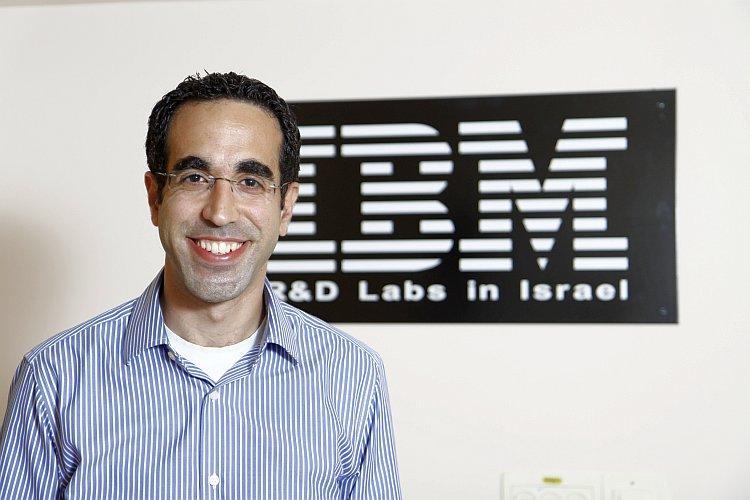During his recent visit, France President Nicolas Sarkozy showed support of a project to connect the Dead Sea with the Red Sea, raising again an old dispute that has been discussed in Israel for over a decade among politicians, scientists, environmental organizations and businessmen. The World Bank has recently launched a feasibility study that will be conducted by a French company.
The Dead Sea, located about 25km (16 miles) southeast of Jerusalem between Israel and Jordan, is a salt lake. Its shores are the lowest point on the surface of the earth on dry land, and its water and mud’s health benefits attract tourists from all over the world. Cosmetic products made of the Dead Sea’s mud and minerals are being sold around the world. It is called Dead Sea because of its high salinity which allow almost no form of life to exist in it.
According to scientists, the Dead Sea is actually dying. The industry have dried the southern part of the sea almost completely. Its only source of water, the Jordan river, was used for agricultural projects, drinking water, and industry. Each year it loses one meter (~3 foot) of its level of water, and scientists estimate that if nothing is done, by 2050, the Dead Sea will truly die, and cease to exist.
To solve this problem, an Israeli-Jordanian project will try to save the Dead Sea by building a canal along the Israel-Jordan border that will connect the Dead Sea with the Red Sea. The Red Sea is about 160km (100 miles) south of the Dead Sea. Additionally, some believe it could have many other benefits, such as using the flowing water to produce energy as well as other economical benefits. Isaac Tshuva, a businessman, wants to build hotels and lakes along the new canal, as well as industrial zones and agricultural areas, on both the Jordanian and Israeli sides.
Another benefit would be the planned desalination facilities along the canal to provide the entire area with fresh water—something much needed in both countries.
However, many scientists and green organizations believe that trying to fix a man-made crisis like this by going against nature and getting even more ecological systems out of balance will have disastrous consequences. Professor Amazia Genin of the Interuniversity Institute for Marine Sciences believes that such a project could change the water flows in the Read Sea and harm the reefs. Scientists from Jordan also believe that such a program is a big risk. Also, mixing salt water from the Red Sea could bring algae blooms in the Dead Sea, thus damaging the attractiveness and tourism in the Dead Sea.
The Dead Sea, located about 25km (16 miles) southeast of Jerusalem between Israel and Jordan, is a salt lake. Its shores are the lowest point on the surface of the earth on dry land, and its water and mud’s health benefits attract tourists from all over the world. Cosmetic products made of the Dead Sea’s mud and minerals are being sold around the world. It is called Dead Sea because of its high salinity which allow almost no form of life to exist in it.
According to scientists, the Dead Sea is actually dying. The industry have dried the southern part of the sea almost completely. Its only source of water, the Jordan river, was used for agricultural projects, drinking water, and industry. Each year it loses one meter (~3 foot) of its level of water, and scientists estimate that if nothing is done, by 2050, the Dead Sea will truly die, and cease to exist.
To solve this problem, an Israeli-Jordanian project will try to save the Dead Sea by building a canal along the Israel-Jordan border that will connect the Dead Sea with the Red Sea. The Red Sea is about 160km (100 miles) south of the Dead Sea. Additionally, some believe it could have many other benefits, such as using the flowing water to produce energy as well as other economical benefits. Isaac Tshuva, a businessman, wants to build hotels and lakes along the new canal, as well as industrial zones and agricultural areas, on both the Jordanian and Israeli sides.
Another benefit would be the planned desalination facilities along the canal to provide the entire area with fresh water—something much needed in both countries.
However, many scientists and green organizations believe that trying to fix a man-made crisis like this by going against nature and getting even more ecological systems out of balance will have disastrous consequences. Professor Amazia Genin of the Interuniversity Institute for Marine Sciences believes that such a project could change the water flows in the Read Sea and harm the reefs. Scientists from Jordan also believe that such a program is a big risk. Also, mixing salt water from the Red Sea could bring algae blooms in the Dead Sea, thus damaging the attractiveness and tourism in the Dead Sea.



